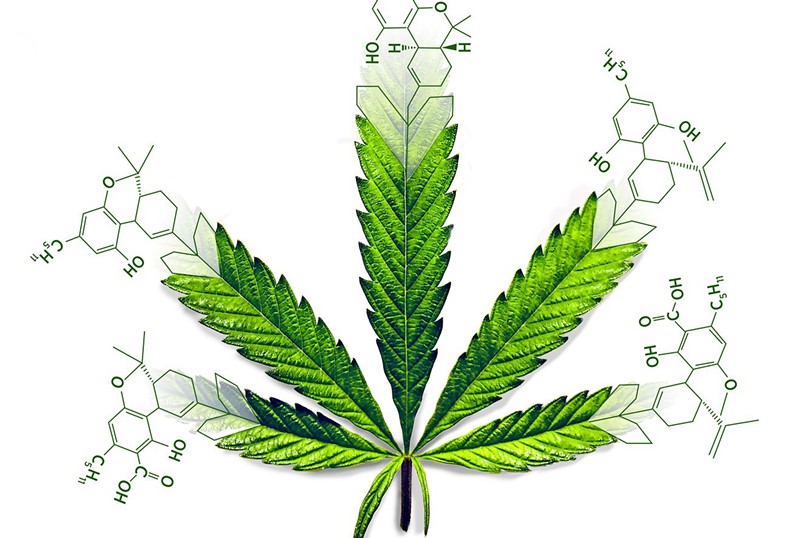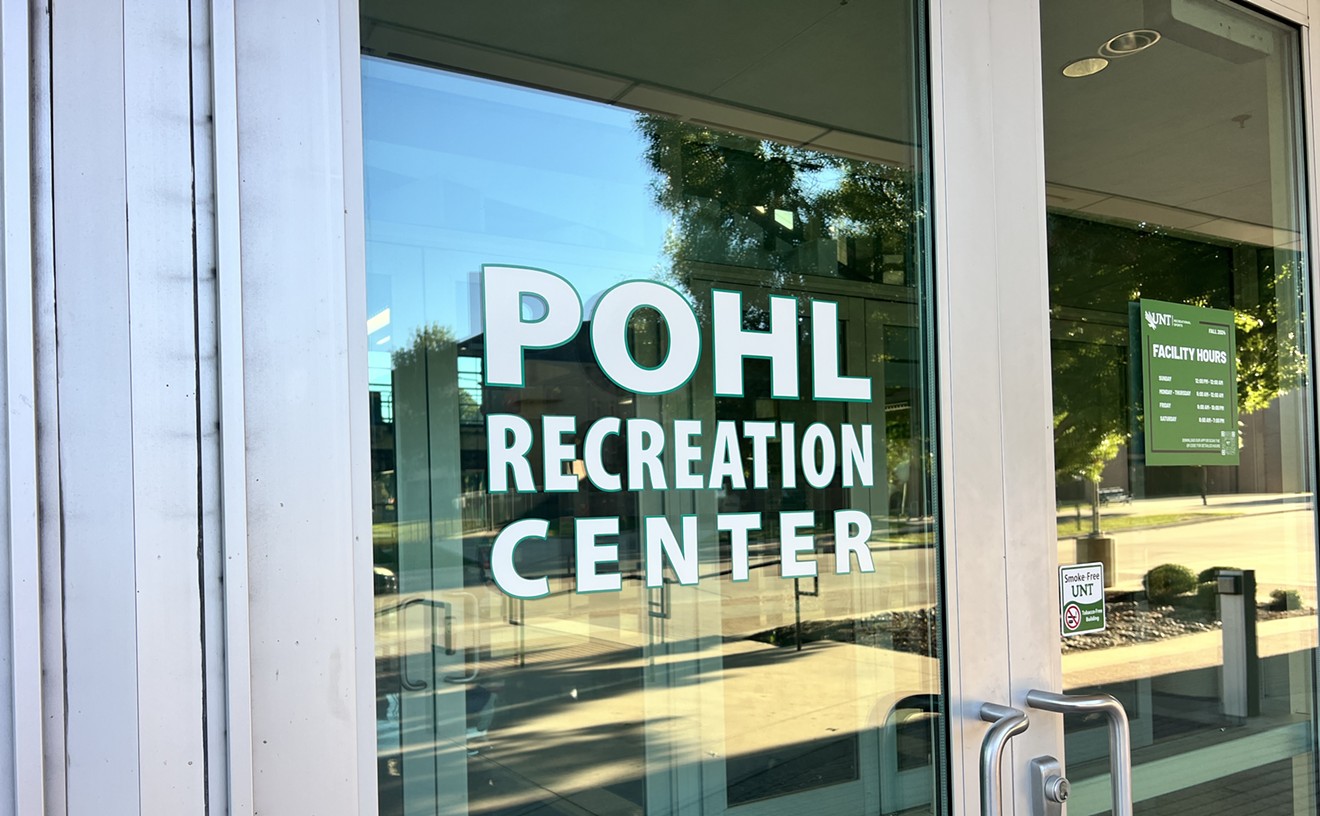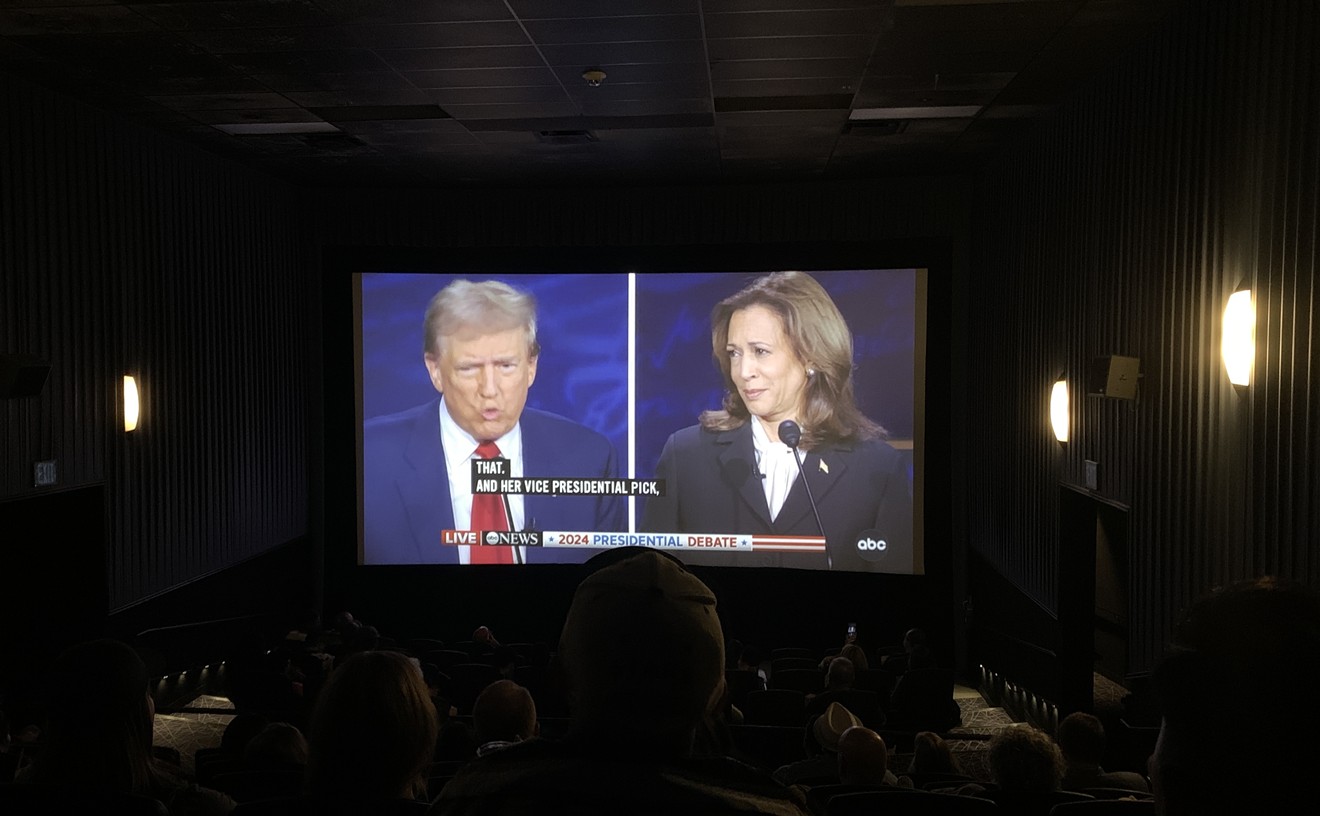To be clear, there are two forms of THC-O, delta-9 THC-O and delta-8 THC-O. In February 2023, Kight received a response from the DEA. It said the agency considered THC-O to be a Schedule I controlled substance, leaving many to remove the products from their inventory. Now, the U.S. Court of Appeals for the Fourth Circuit has ruled this interpretation of the law is incorrect, saying the substance does fall under the legal definition of hemp.
Products like these soared in popularity after the passing of the 2018 Farm Bill, which legalized hemp on the federal level. The law defined hemp as cannabis with 0.3% delta-9 THC or less. Anything with more than 0.3% delta-9 THC is considered illegal marijuana, a Schedule I controlled substance. States, including Texas, then passed their own hemp laws, defining the plant almost identically.
After these laws were passed, products containing substances like delta-8 THC, delta-10 THC and THC-O began popping up on store shelves. These substances are different forms, or isomers, of THC that can also be called cannabinoids. The thinking has been that hemp laws are essentially silent on these other forms of THC, so people thought they could manufacture them as long as the products didn’t exceed 0.3% delta-9 THC.
But the DEA tapped the brakes on THC-O with its February 2023 letter to Kight, saying that THC is a Schedule I controlled substance and that the definition of THC includes synthetic substances that are chemically similar. In the DEA’s eyes, THC-O is synthetic and chemically similar to THC. Therefore it is a violation of the Controlled Substances Act, the DEA letter said at the time."... we reject Diamondback’s contention that the DEA’s interim final rule or letter mandates a finding that THC-O is illegal.” – U.S. Court of Appeals for the Fourth Circuit
tweet this
“Delta-9-THCO and delta-8-THCO do not occur naturally in the cannabis plant and can only be obtained synthetically, and therefore do not fall under the definition of hemp,” the agency said.
However, a federal appeals court is now challenging this interpretation of the law. According to the online cannabis publication Marijuana Moment, the court’s opinion comes in an employment case that rests on the legality of THC-O. A majority of a three-judge panel ruled that the federal agency’s interpretation of what is considered illegal marijuana is too broad and does not apply to THC-O.
The employment case involves a woman named Tonya Anderson who was taking a variety of different hemp products for anxiety, and muscle and joint pain, including CBD oil and THC-O. CBD is not psychoactive, meaning it won’t get you high, and is generally used for therapeutic purposes.
Without these substances, Anderson’s ailments keep her from leaving her home, according to court documents. She had just been hired at a company called Diamondback Investment Group, LLC, which required drug testing. Anderson was fired from the company after failing two drug tests that showed up positive for marijuana. When she explained that the products she was taking can sometimes lead to a failed drug test for marijuana, the company said it wasn’t comfortable having her on the staff and terminated her.
Anderson filed suit against the company, claiming it discriminated against her based on her disability. She also said her firing violated a North Carolina law that prohibits discrimination by an employer for use of purportedly lawful hemp-derived products.
In the suit, the company references the DEA’s letter to Kight, which said THC-O was a Schedule I controlled substance. But the panel of judges sided with the Ninth Circuit Court of Appeals which had previously ruled that the Farm Bill’s definition of hemp removed restrictions on a variety of cannabinoids, including delta-8 THC. “Because the statute is subject to this other reasonable (and, we think, better,) interpretation, we reject Diamondback’s contention that the DEA’s interim final rule or letter mandates a finding that THC-O is illegal,” the court’s opinion said.
However, the court said its opinion would be little help to Anderson because she couldn’t vouch for the delta-9 THC concentrations in the products, so there isn’t a way to know definitively if they were legal under state and federal law.
While this court’s interpretation might not help Anderson, Kight said in an email that it could have implications for another popular cannabinoid called THCa, which stands for tetrahydrocannabinolic acid. This substance is the precursor to delta-9 THC. When heated, THCa turns into delta-9 THC, which can get users high.
In a similar letter to another attorney regarding THCa, the DEA said it considered the substance illegal because the THCa content must be factored in when considering THC levels in hemp.
“In regards to THCa, Congress has directed that, when determining whether a substance constitutes hemp, the delta-9 THC concentration is to be tested ‘using post-decarboxylation or other similarly reliable methods,'” the DEA letter addressing THCa said. The letter was sent to an attorney by Terrence Boos, chief of DEA’s drug and chemical evaluation section. “The ‘decarboxylation’ process converts delta-9-THCa to delta-9-THC,” Boos wrote. “Thus, for the purposes of enforcing the hemp definition, the delta-9 THC level must account for any delta-9 THCa.”
But Kight says the recent ruling on THC-O could be a win for THCa. “This is because THCa meets the definition of ‘hemp’ when its delta-9 THC concentration does not exceed 0.3% by dry weight since the plain language of the Farm Bill, and rulings by both the Fourth Circuit and the Ninth Circuit courts of appeal, confirm that delta-9 THC is the sole metric to distinguish legal hemp from illegal marijuana and also because the definition of ‘hemp’ includes its ‘acids,’” Kight wrote.
This ruling comes at a time of increased attention on the hemp industry as police raid local smoke shops and federal lawmakers work to reauthorize the Farm Bill. As of now, there's an amendment to the bill that some say would ban 90%–95% of hemp products across the country.













